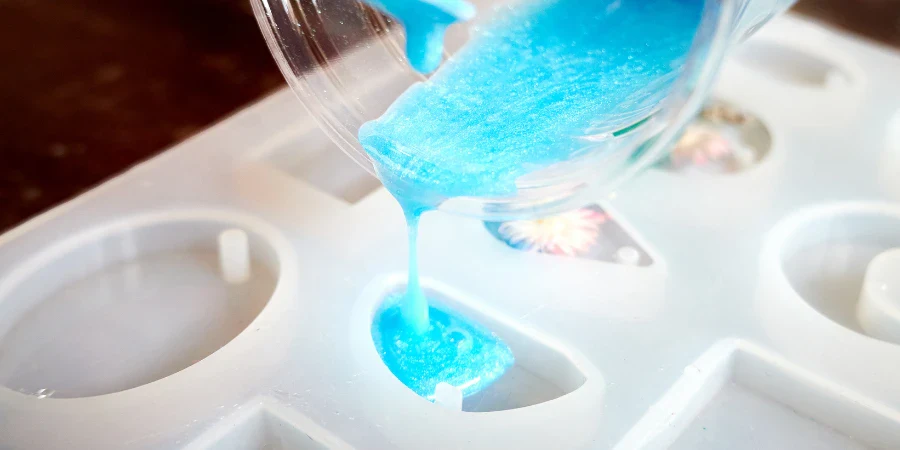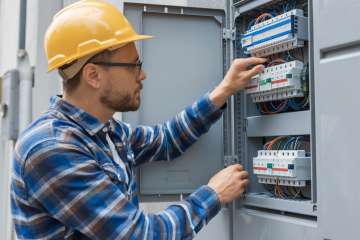Epoxy is quite a popular coating and adhesive material used in different industries, such as arts and crafts, manufacturing, and construction. The strength and bonding ability makes it a versatile material to use for various purposes. One of the most popular and frequently asked questions about epoxy is how much time epoxy takes to harden.
The hardening process of epoxy depends on certain factors, such as type of epoxy, humidity, temperature, mixing ratio, and much more. Epoxy curing time is not a one-size-fits-all answer. Some factors, directly and indirectly, affecting the epoxy setting time are mentioned below. So let us know those factors. Before we talk about factor If you want to buy Epoxy online for your projects visit our website woodemotions.pk
- Types of epoxy
The type of epoxy is the main factor that decides the hardening time. Some epoxies are designed to cure quickly, whereas others might have a longer cure time. Fast-setting epoxies can harden within 5-30 minutes after application, while standard epoxy takes 2-3 days to dry completely.
- Temperature
Temperature is another factor in taking the time it takes to cure epoxy. Warmer temperatures accelerate the epoxy hardening process. Lower temperature slows down the setting process and makes the epoxy dry slowly. Most epoxies dry fast at room temperature.
- Humidity
Humidity levels influence the epoxy curing time. The areas with excessive moisture slow the hardening process because moisture interferes with the chemical reaction. Ideal humidity conditions are required for fast and perfect epoxy curing processes.
- Mixing ratios
The resin and hardener require a proper mixing ratio to cure and dry correctly. Too much or too little hardener affects the hardening time and strength of the product. The best you can do is follow the recommended mixing instructions written on the pack epoxy kit.
- Thickness of the epoxy layer
The thickness of the epoxy layer also plays a significant role in hardening and curing epoxy products. Thicker layers generate heat and cure faster. However, thinner epoxy layers may take longer to cure as thinner layers produce less heat in the hardening process.
Stages of epoxy curing
The epoxy is hardened in three stages.
- Gel stage:
In the gel stage, the epoxy starts to thicken but is not fully solid. It is important not to disturb epoxy in the gel stage as it is vulnerable to damage.
- Initial Cure:
She is also known as partial hardening. Epoxy can be handled carefully at this time, but it should not be subjected to stress or heavy loads.
- Full Cure:
At this stage, epoxy reaches its maximum strength as it gets fully hardened. It is no longer tacky.
Speeding up the curing process
Although epoxy takes time to harden, you can still speed up the curing time. Here are some methods and tips to accelerate the curing time.
- Raise the temperature
Raising the temperature can greatly impact increasing the hardening time for epoxy. You can use a space heater or heat lamp as it can warm the epoxy and speed up the hardening process.
However, be sure not to use high temperatures, which can result in brittle or uneven finishing.
- Use a fast-setting epoxy.
Fast-setting epoxy cures in a shorter time. These products are best for those requiring quick results.
- Applying thick layers
As mentioned earlier, thick layers generate more heat; thus, they speed up the epoxy setting time. You can add layers to speed up the thickening process.
- Use an accelerator
Epoxy accelerators are available with epoxy kits. Adding epoxy accelerators can shorten the curing time. However, you must check the manufacturer’s guidelines before using epoxy products.



